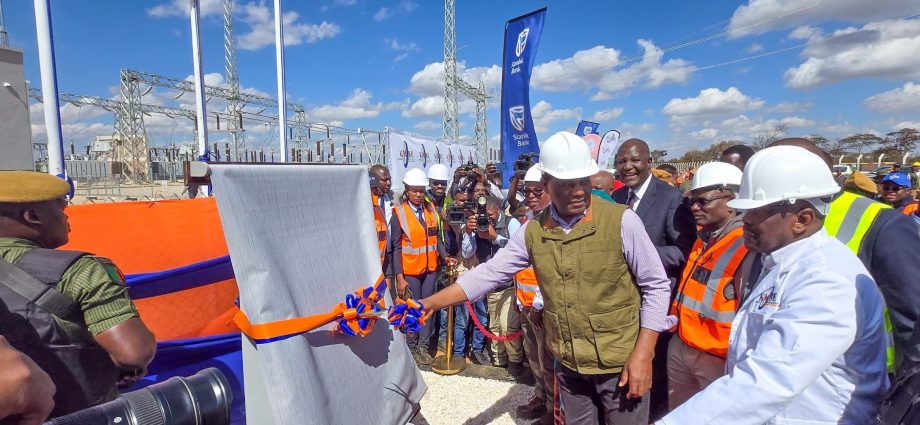Maamba, Zambia – Maamba Solar Energy Limited has officially launched construction of a 100 megawatt (MW) solar power plant in Maamba, Southern Province, marking a bold move to diversify Zambia’s energy mix and reduce the impact of load-shedding.
The groundbreaking ceremony, held on 22 September, was attended by government officials, investors, community leaders, and local residents. The project was officially inaugurated by the Minister of Energy, Hon. Makozo Chikote, MP, who described it as a “game-changing” step toward ending Zambia’s power crisis while advancing the country’s climate and energy goals.
“Maamba Solar Energy Limited has responded to the national vision of restoring stability in the energy sector and strengthening our energy mix,” said Minister Chikote. “Zambia has historically relied heavily on hydroelectric power, but the recent drought underscored the need to think outside the box. Initiatives like this solar project are helping us explore alternative sources of energy.”
The Minister highlighted that a series of solar projects is planned across the country to ensure that Zambia will no longer face recurring power shortages. “Our strategy addresses the energy deficit in the immediate, medium, and long term,” he added.
Once completed in mid-2026, the Maamba solar plant will contribute 100 MW of clean energy to the national grid. Together with Maamba Energy’s Phase II thermal expansion, expected to bring total capacity to 600 MW, the Maamba region will supply 700 MW of power by next year.
Ashwin Devineni, Director of Maamba Solar Energy, emphasised the company’s commitment to Zambia’s growth and energy diversification. “This 100 MW solar project is a critical step in expanding the country’s energy mix and supporting the government’s goal of adding 1,000 MW of solar capacity to the national grid,” he said.
The solar development is part of the government’s broader Mission 300 – Universal Access to Power, aimed at increasing renewable energy capacity while cushioning the economy against climate shocks and extreme weather. Beyond providing clean electricity, the project represents a transition to renewable energy, reduced carbon emissions, and deployment of advanced bifacial solar modules with high efficiency.
“Our aim is to ensure electricity reaches every Zambian household while supporting economic growth,” concluded Minister Chikote, underscoring the strategic importance of solar energy in the nation’s energy future.















